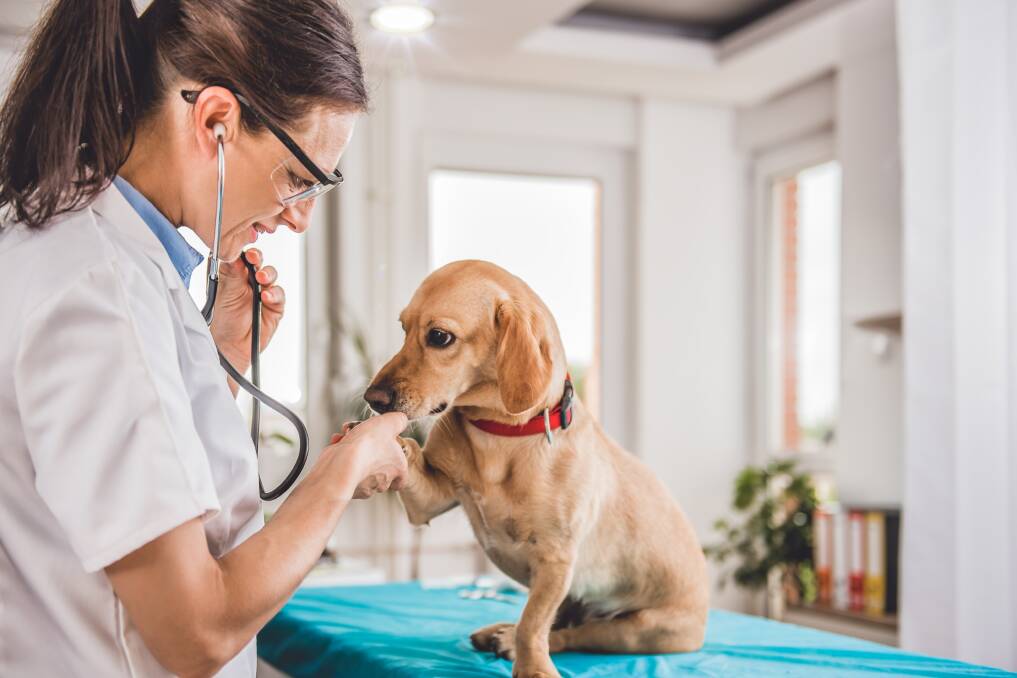
Like every vocation, being a veterinarian brings rewards and challenges.
For me, the biggest reward is knowing I've helped animals and the people who care for them. But because we work with animals who can be very sick, and our clients have diverse expectations, the outcome isn't inevitably positive.
There are some animals we can't save, some we cannot cure and many decisions we have to make along the way.
Those of us who work with animals almost invariably do so because we have a strong connection to animals. Yet our work puts us in regular proximity to animal suffering, as well as suffering of humans who are connected to those animals.
You might also like:
Over the past few years, when not seeing patients, I've been researching some of the challenges faced by veterinary team members.
Specifically, I've been studying ethically challenging situations encountered by veterinary team members in their work.
What is an ethical challenge? A situation where there are competing interests, where the "right" decision is unclear, indeed, where one may only be able to choose between a "worse" and "less worse" decision than one that is good or bad.
For example, veterinarians are required to alleviate animal suffering and promote animal welfare.
At what point does veterinary intervention constitute futile or non-beneficial treatment? To what extent should we "risk" perpetuating or causing suffering in the hope that treatment will yield a benefit?
Or, should animals be treated differently according to our perceptions and uses of them? There are some species who may be viewed as beloved pets in some contexts, and pests in others.
Or, to what extent should we risk our own personal safety and that of veterinary team members to provide treatment to an animal?
The closer you look at questions like this, the more complex they become. It's very hard to develop a blanket rule, as the best or least-worst course of action can depend on the specific circumstances.
Research in this field confirms that ethical challenges are common in veterinary workplaces and are a source of significant stress and distress.
My research confirmed that the pandemic exacerbated ethical challenges, especially for veterinary nurses.
It seems like an age ago now, but in the early months of the pandemic in 2020, many veterinary clinics limited their services to "essential" services. This was to facilitate social distancing.
But deciding what counts as an "essential" service can be challenge. What is essential for one animal may be elective for another.
As part of a study, in 2021 I ran a series of online meetings with veterinary team members to discuss some of these ethical challenges, modelled on meetings run in human healthcare settings.
There was no shortage of ethical challenges to discuss. What was overwhelming was the sense of relief that many veterinary team members had when they realized that their colleagues were kept awake at night by the same concerns.
Veterinary team members must juggle the interests of different species - including humans.
Australian veterinary schools continue to refine veterinary ethics teaching, but we need to ensure that all veterinary team members, including veterinary nurses and animal health technicians, have access to training so that they can navigate ethical challenges they encounter.
After talking to hundreds of study participants, it is clear that veterinary team members care deeply about their work. We need to ensure they have safe spaces to debrief about it.
Reference: Quain, A. et al (2022), Evaluating Outcomes of Virtual Ethics Rounds for Veterinary Team Members', Frontiers in Veterinary Science, https://doi.org/10.3389/fvets.2022.922049
- Dr Anne Quain is a lecturer at the Sydney School of Veterinary Science and a practising veterinarian.

